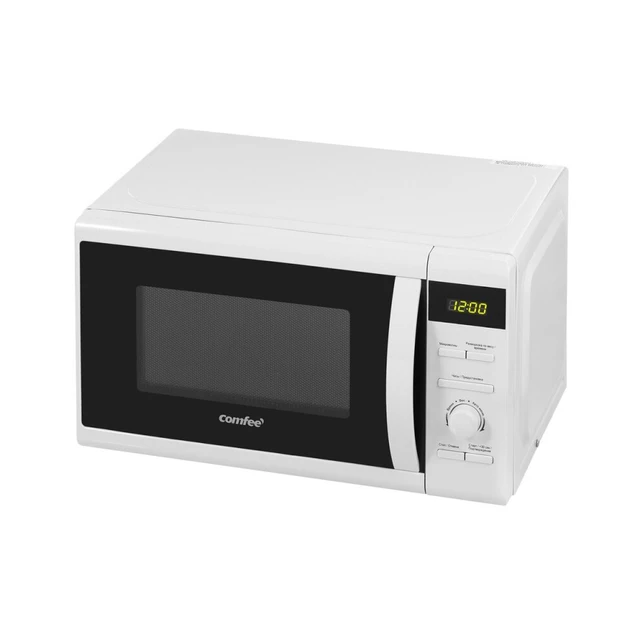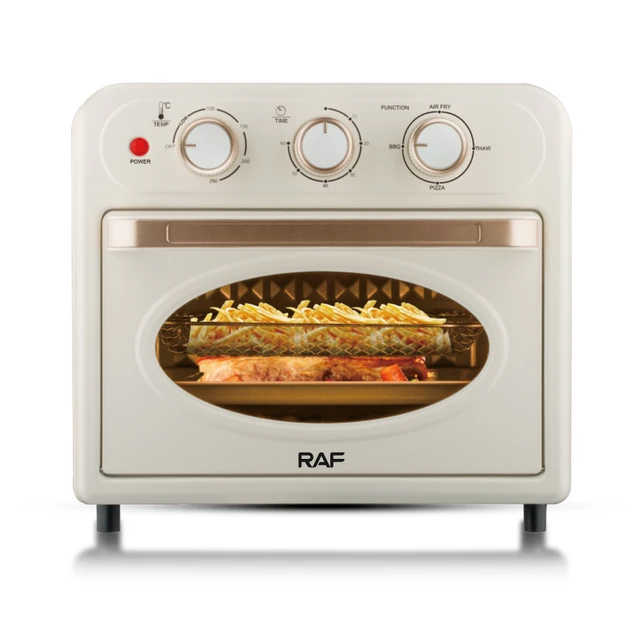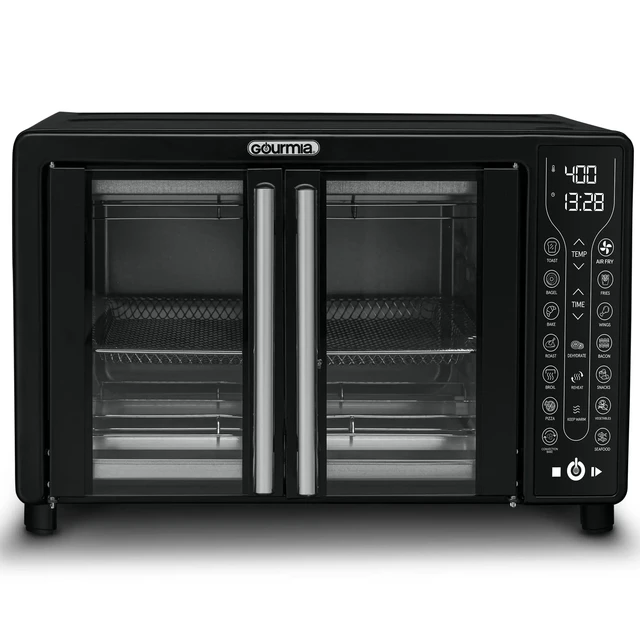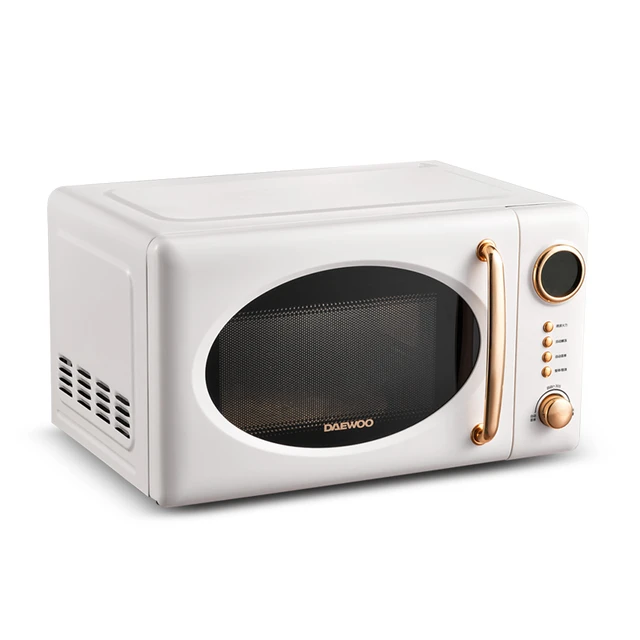Introduction:
When it comes to selecting an oven for your kitchen, one common dilemma is choosing between a gas oven and an electric oven. Both types of ovens have their unique features and advantages, which can affect cooking performance and overall functionality. In this article, we will compare gas ovens and electric ovens in various aspects to help you make an informed decision. We will discuss factors such as heat distribution, temperature control, energy efficiency, cooking versatility, and maintenance. By understanding the differences between gas and electric ovens, you can choose the one that best suits your cooking needs and preferences.

Gas oven vs. electric oven: which is better?
Heat Distribution:
a. Gas Oven: Gas ovens tend to provide more even heat distribution compared to electric ovens. The flame in a gas oven creates radiant heat that surrounds the food, resulting in more consistent cooking and browning. Gas ovens are known for their ability to produce moist heat, which can be advantageous for certain dishes.
b. Electric Oven: Electric ovens distribute heat through heating elements located at the top and bottom of the oven. This can result in slightly less even heat distribution compared to gas ovens. However, newer electric ovens may feature convection technology, which uses a fan to circulate hot air for improved heat distribution.
Temperature Control:
a. Gas Oven: Gas ovens offer instant heat response, allowing for quick adjustments to temperature settings. The flame can be easily adjusted to increase or decrease the heat, providing precise control over cooking conditions. This responsiveness is particularly useful for delicate dishes or recipes that require quick changes in heat.
b. Electric Oven: Electric ovens typically have precise temperature control, allowing for accurate and consistent cooking temperatures. The digital controls and thermostats in electric ovens ensure precise temperature settings, reducing the risk of over or undercooking. However, electric ovens may take longer to reach the desired temperature compared to gas ovens.
Energy Efficiency:
a. Gas Oven: Gas ovens are generally considered more energy-efficient than electric ovens. The direct heat from the gas flame heats the oven quickly and efficiently. Gas ovens also lose less heat during the cooking process, as the flame can be adjusted to maintain a steady temperature. However, gas ovens may have slightly higher operating costs due to the price of natural gas.
b. Electric Oven: Electric ovens are improving in energy efficiency with advancements in technology. However, they typically take longer to heat up and may lose more heat during the cooking process. Electric ovens tend to have higher operating costs compared to gas ovens, especially if electricity prices are high in your area.

Cooking Versatility:
a. Gas Oven: Gas ovens provide excellent performance for broiling due to their ability to produce intense heat quickly. The high heat of a gas oven is ideal for achieving a perfectly seared crust on steaks or other meats. Gas ovens are also preferred for baking recipes that require high moisture, such as soufflés or custards.
b. Electric Oven: Electric ovens excel in even and consistent baking. The heating elements at the top and bottom provide balanced heat distribution, making them ideal for baking cakes, cookies, and delicate pastries. Electric ovens with convection functionality can further enhance cooking versatility by providing even heat circulation for roasting and baking.
Maintenance and Safety:
a. Gas Oven: Gas ovens require periodic maintenance to ensure proper operation and safety. The burners and gas lines should be inspected and cleaned regularly to avoid blockages or gas leaks. It is important to follow safety guidelines, such as ensuring proper ventilation and carbon monoxide detection.
b. Electric Oven: Electric ovens generally require less maintenance compared to gas ovens. The heating elements may need occasional replacement, but they are generally durable and long-lasting. Safety precautions should still be observed, such as avoiding contact with hot surfaces and ensuring that the oven is properly grounded.

Cost Considerations:
a. Initial Cost: Gas ovens tend to have a higher upfront cost compared to electric ovens. The cost of installation, including gas line connections, may also add to the initial investment. However, prices can vary depending on the brand, model, and additional features.
b. Operating Costs: The operating costs of a gas oven depend on the price of natural gas in your area. Natural gas is generally less expensive than electricity, which can make gas ovens more cost-effective in the long run. However, energy rates and availability vary, so it’s important to consider the specific circumstances in your region.
Environmental Impact:
a. Gas Oven: Gas ovens have a lower carbon footprint compared to electric ovens in regions where natural gas is readily available. Natural gas is a cleaner-burning fuel compared to coal or oil used in electricity generation. However, it is important to consider the source and extraction methods of natural gas to fully understand its environmental impact.
b. Electric Oven: The environmental impact of an electric oven depends on the source of electricity in your region. If your electricity is generated from renewable sources such as solar or wind power, then electric ovens can be more environmentally friendly. However, if your electricity comes from fossil fuel-based sources, the carbon emissions associated with electric ovens can be higher.

Cooking Speed:
a. Gas Oven: Gas ovens often heat up faster compared to electric ovens due to the direct flame. This can save time in preheating and reduce overall cooking time for certain recipes. The instant heat response of gas ovens is particularly beneficial for cooking techniques that require quick temperature adjustments.
b. Electric Oven: Electric ovens generally take longer to heat up compared to gas ovens. However, newer models with advanced heating elements and technology may offer faster preheating times. It is important to consider the specific model and features when evaluating the cooking speed of electric ovens.

Conclusion:
Determining whether a gas oven or an electric oven is better depends on your cooking preferences, budget, and specific needs. Gas ovens offer instant heat response, even heat distribution, and high moisture content, making them ideal for broiling and certain baking recipes. Electric ovens provide precise temperature control, even baking performance, and improved energy efficiency with advancements in technology. Consider factors such as heat distribution, temperature control, energy efficiency, cooking versatility, maintenance, and cost when making your decision.
Ultimately, the choice between a gas oven and an electric oven relies on personal preferences and the specific requirements of your cooking style. Some individuals may prefer the responsiveness and intense heat of a gas oven, while others prioritize precise temperature control and even baking capabilities offered by electric ovens. Assess your cooking needs and consider the advantages and disadvantages of each type of oven to select the one that best suits your culinary aspirations.

